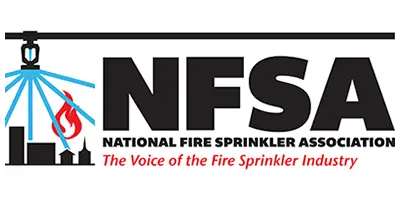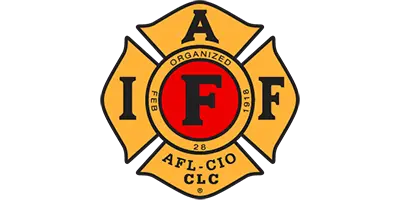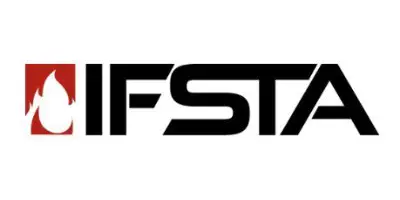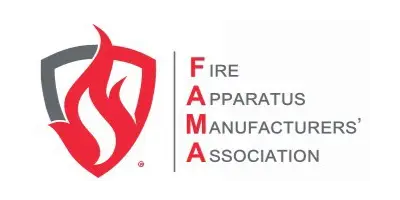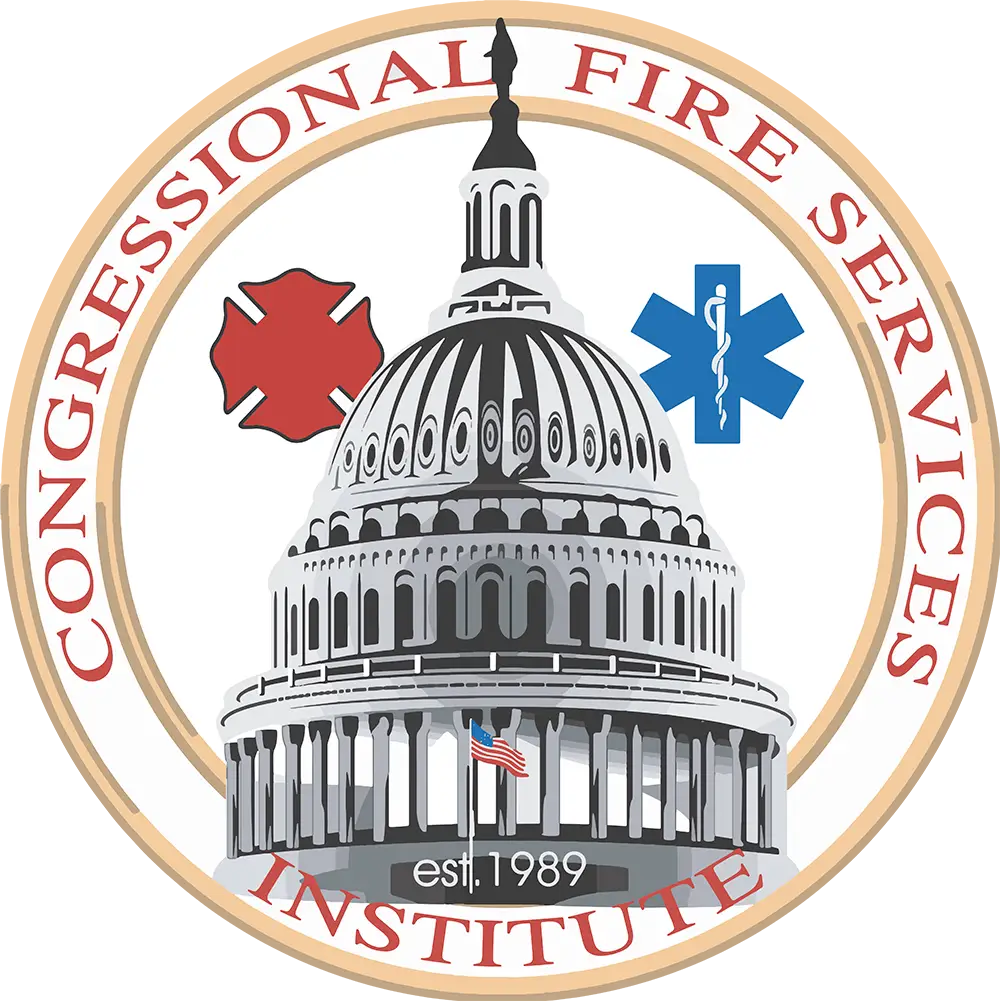In many communities across America, firefighters put their time, effort, and frequently their own money towards supporting their communities. However, the demands placed on personnel are only increasing, including costs and time for training, certification, etc. Furthermore, the hazards of the job have only been exacerbated by COVID-19, civil unrest, active shooter incidents, climate change, and more. All of this has contributed to the already challenging problem of recruiting and retaining fire and emergency services personnel.
Tax and retirement incentives, in addition to non-monetary benefits, can significantly aid fire and emergency service recruitment and retention initiatives. CFSI supports various tax and retirement incentives that can help address recruitment and retention challenges.

Past Legislation
Consolidated Appropriations Act – Volunteer Responder Incentive Protection Act (VRIPA)
VRIPA exempts from federal taxation certain incentives that volunteer firefighters and EMS personnel receive for their work. Specifically, it exempts property tax benefits and/or up to $600 per year of other benefit types from federal taxation.
The bill became P.L.116-260
This major tax reform legislation includes changes to Length of Service Award Programs (LOSAPs). Specifically, it increased the cap on allowable annual contributions into LOSAPs from $3,000 to $6,000 and established a mechanism for the cap to be raised over time with inflation.
The current cap was established in 1996 and had not been adjusted since. A LOSAP is a type of retirement account in which many volunteer emergency responders are enrolled. Many communities provide modest financial incentives to their volunteer firefighters and EMS personnel to boost recruitment and retention and LOSAP is one of the most popular benefits.
The bill became P.L.115-97


